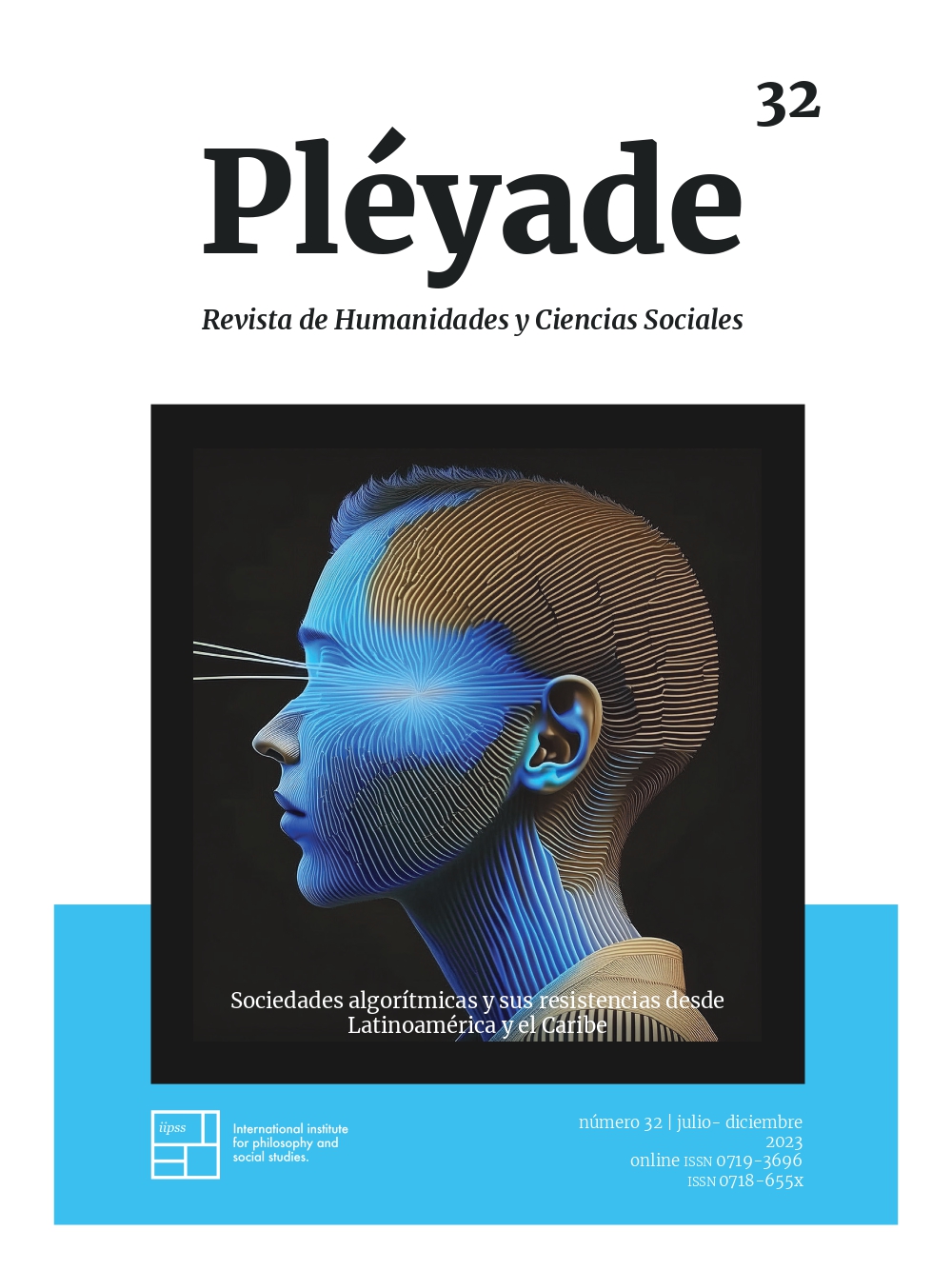Resistance as Re-Existence: Defense of the Body-Territory in the Algorithmic Society

Published 2024-07-29
Keywords
- feminism,
- coloniality,
- technology,
- automation,
- epistemic disobedience
How to Cite

This work is licensed under a Creative Commons Attribution-NonCommercial 4.0 International License.
Abstract
The historical struggles of the peoples of Abya Yala in defense of a dignifed life confront new threats amidst the expansion of the spheres and mechanisms of dispossession in algorithmic society. The centrality of socio-technical assemblages in reproducing the coloniality of power under climate and civilizational crises demands a more complex and expanded rethinking of resistance as a process of defending life-sustaining systems. Thus, local, regional, and global trends that drive the datafcation, algorithmization, and automation of the world, resistances are re-existences, forms of onto-epistemic disobedience and political, ethical, and aesthetic praxis in the face of the coloniality of being, knowing, feeling, doing, and living. Drawing on the contributions of the decolonial and ancestral feminist epistemologies of the defenders of the territory of Abya Yala, this text proposes to recover the notion of the defense of the bodyterritory, extended to the territory of the Internet and its associated technologies, in the context
of the systemic and structural violence that the region is experiencing the contributions of the decolonial and ancestral feminist epistemologies of the defenders of the territory of Abya Yala, this text proposes to recover the notion of the defense of the bodyterritory, extended to the territory of the Internet and its associated technologies, in the context of the systemic and structural violence that the region is experiencing.